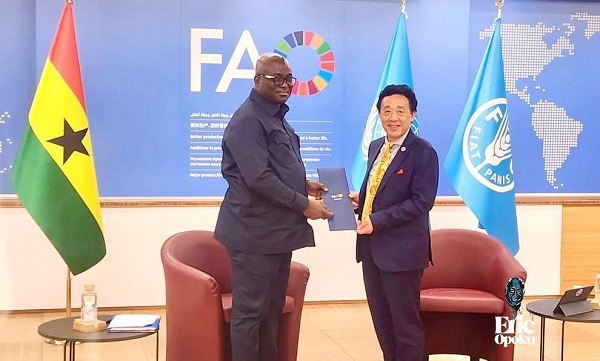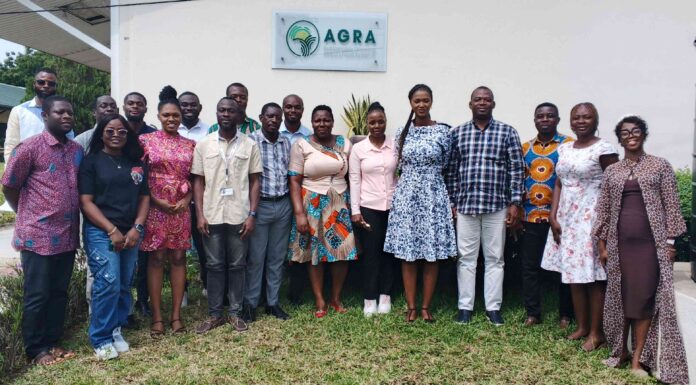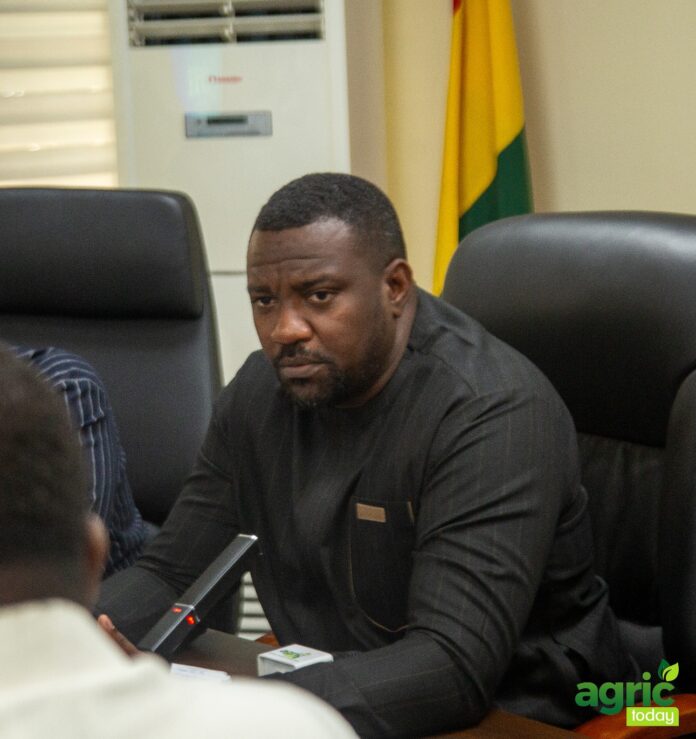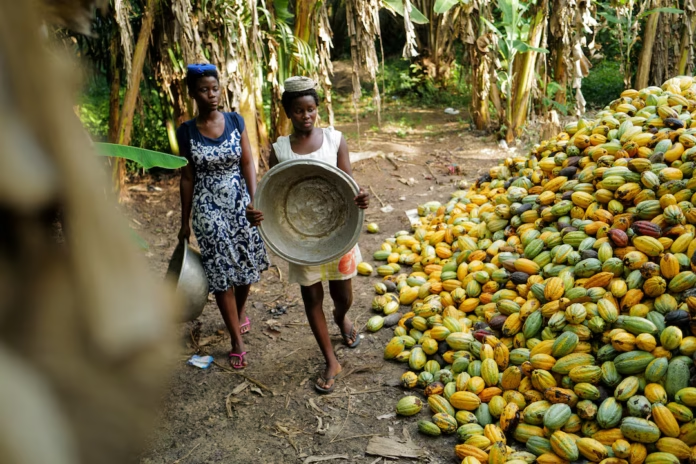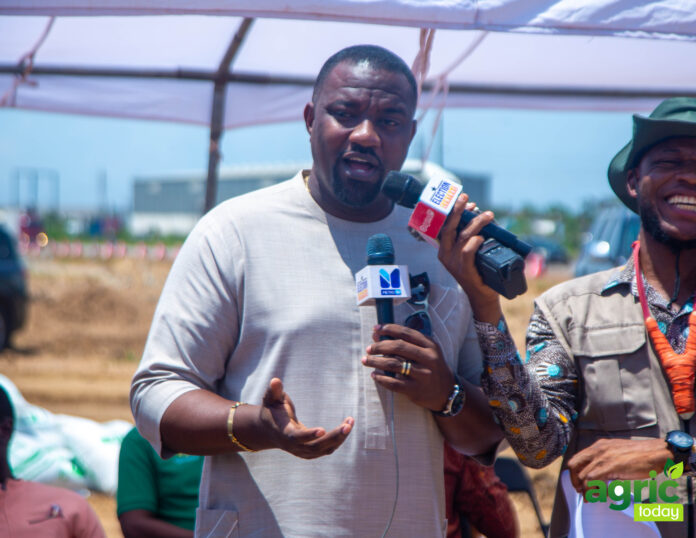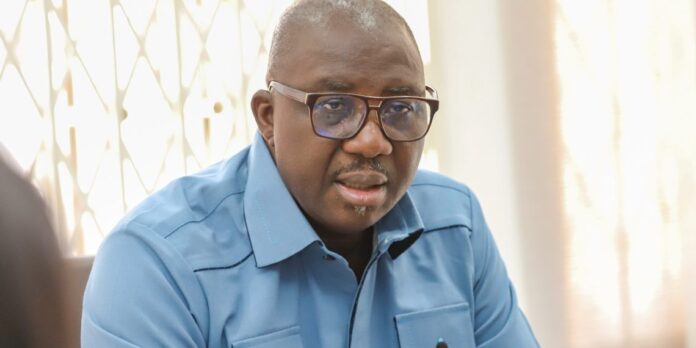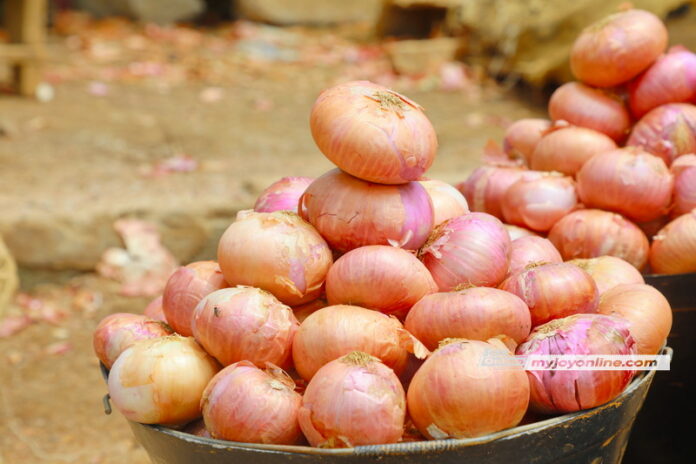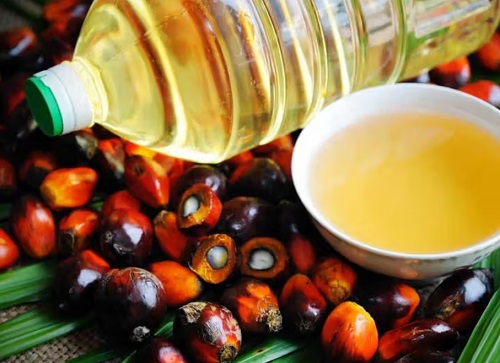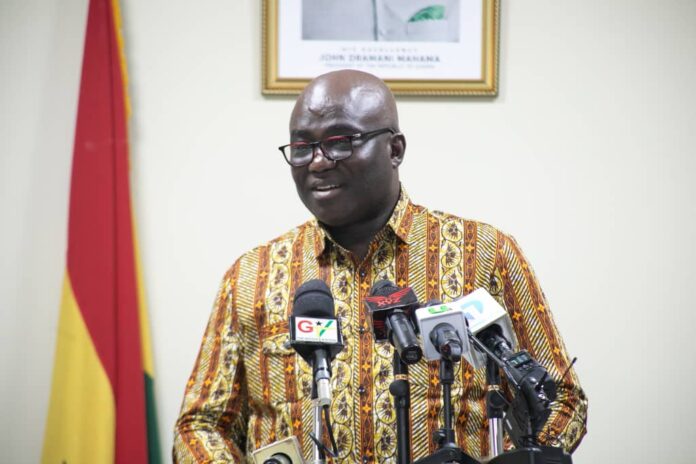Ghana’s Minister for Food and Agriculture, Eric Opoku, has held a bilateral meeting with the Director-General of the Food and Agriculture Organisation (FAO), Dr QU Dongyu, at the FAO Headquarters in Rome, on the sidelines of the 44th Session of the FAO Conference.
The meeting focused on strengthening cooperation between Ghana and the FAO in key areas of agricultural development.
Opoku outlined Ghana’s commitment to adding value to cash crops such as cocoa, cashew, and shea, as part of a broader strategy to boost exports, create jobs, and enhance farmer incomes.
He also highlighted government efforts to establish Farmer Service Centres and to improve the deployment and capacity of agricultural extension officers, ensuring that farmers receive timely and effective technical support.
Opoku emphasised the importance of public-private partnerships in achieving sustainable agricultural growth and food security.
On food production, the Minister expressed the government’s intention to increase tomato cultivation and called for enhanced research into underutilised crops such as cassava, which play a crucial role in Ghana’s food systems.
Eric Opoku also appealed for increased investment in irrigation infrastructure to ensure year-round agricultural production across the country.
He lauded the FAO for supporting the rehabilitation and upgrading of the soil testing laboratory in Kumasi to international standards, describing it as a critical facility for improving soil health and boosting crop productivity.
The Minister further requested continued collaboration with the FAO to provide cold storage facilities for yam and other perishable crops to reduce post-harvest losses.
Additionally, the minister appealed for the appointment of more qualified Ghanaians to senior leadership positions within the FAO, reflecting Ghana’s commitment to contributing to global agricultural development.
In response, Director-General QU Dongyu pledged the FAO’s continued support for Ghana’s agricultural sector.
He assured the Minister of the organisation’s readiness to assist in addressing post-harvest losses, mechanising boreholes for irrigation, and supporting innovation-driven solutions to improve productivity.
He also directed the FAO Regional Representative for Africa, Dr Abebe Haile-Gabriel, to initiate the necessary processes for the implementation of irrigation infrastructure, value addition initiatives, and other critical services to enhance food production in Ghana.
The meeting underscored Ghana’s strategic push for agricultural transformation through innovation, value addition, and stronger international partnerships.

